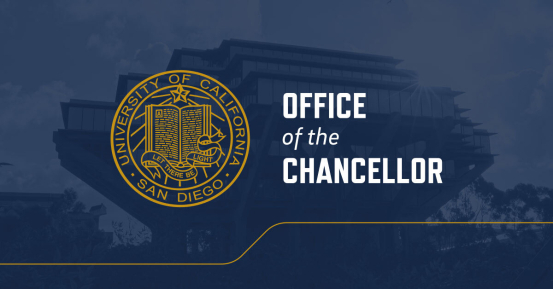Later Hit: Does Cannabis Ease Pain, Speed Recovery in Injured Athletes?
Novel clinical trial, funded by NFL, will tackle the popular, but mostly anecdotal, idea that cannabis provides post-game therapeutic benefit to elite athletes who are hurting
Published Date
By:
- Scott LaFee
Share This:
Article Content
Increasingly, professional athletes in sports ranging from football to bicycling to long-distance running have turned to using cannabis to reduce pain from post-game injuries and to help speed recovery.
Anecdotal reports of cannabis’ purported benefits abound, but empirical evidence is scant. Today, the National Football League announced funding of a novel clinical trial that will assess the therapeutic efficacy (and any possible adverse effects) of delta-9-tetrahydrocannabinol (THC), the primary psychoactive compound in cannabis; cannabidiol (CBD), the second most prevalent active ingredient in cannabis but not psychoactive; and a combination of the two for treating post-competition pain caused by soft tissue injury, compared to a placebo.
Co-led by Mark Wallace, MD, a pain management specialist and director of the Center for Pain Medicine at UC San Diego Health, and Thomas Marcotte, PhD, professor of psychiatry at University of California School of Medicine and co-director of the Center for Medicinal Cannabis Research (CMCR) at UC San Diego, the randomized, double-blind trial will involve testing and monitoring of professional rugby players.
Professional rugby was chosen for the first trial because it approximates the types of injuries also experienced by NFL players, the researchers said, and was logistically more feasible.
“An innovation of this research is using a ‘real-world model’ of the NFL’s competitive injury burden with a group of elite athletes who experience similar injuries,” said Marcotte. “It’s a first-of-its-kind randomized trial to examine the possible practical efficacy of cannabinoids on post-competition pain.”
The primary goal of the trial will be to evaluate pain relief and recovery. Secondary goals include assessment of any effects on physical function, sleep, cognition and mood.
Participating athletes who report post-game pain that meets a specific threshold will have a blood sample drawn and be assigned to vaporize either 4 percent THC, 12 percent CBD, a combination of THC and CBD at those percentages or a placebo for up to four times per day over the following 48 hours. They will be asked to self-report pain scores via a cell phone application at regular intervals during those 48 hours. A second blood draw will be taken the day after each game.
Practicing, competing and living with pain are unavoidable elements of a professional athlete’s life. As a result, efforts to ameliorate the negative effects of pain are long-standing, and include the use of prescription pain medications, including opioids.
Cannabis has been used for medical purposes for centuries around the world. Increasingly, there are efforts to develop and promote it as a safer pharmacological alternative to other forms of pain relief and there is some scientific research suggesting that THC is effective in relieving certain types of pain.
Wallace, a professor of anesthesiology and chief of the Division of Pain Medicine at UC San Diego School of Medicine, has integrated the use of medical cannabis into clinical practice.
“Much of the knowledge we used for dosing medical cannabis in our pain clinic came from the studies supported by CMCR, which showed there is a therapeutic window of analgesia with low doses of THC reducing pain and high doses worsening pain.
“We will build on the CMCR research and our clinical experience to translate efficacy and safety for sports injury recovery.”
The trial will be conducted following regulatory reviews by the Food and Drug Administration, the Drug Enforcement Administration, the UC San Diego Institutional Review Board and the Research Advisory Panel of California.
Though no conclusions can be drawn until the study is completed and data analyzed, investigators hypothesize that THC and THC/CBD combinations will prove superior to CBD and placebo for pain reduction; and CBD alone will prove superior to placebo.
About the Center for Medicinal Cannabis Research at UC San Diego
Established in 2000, the Center for Medicinal Cannabis Reserach has been at the forefront of advancing science and policy relating to the potential clinical benefits and limitations of cannabis and cannabinoids as medicine. With support from the California State Legislature, the CMCR initiated the first therapeutic studies using smoked cannabis in over 20 years, completed key studies regarding the short-term benefits of cannabis for the treatment of neuropathic pain and spasticity, and has an active, ongoing program of research supported by federal, state, foundation, and philanthropic awards. Over the years, the Center has established close and productive relationships with key Federal and State agencies, has significantly impacted policy, and remains a national leader in the field. Igor Grant, MD, CMCR director stated “I am delighted that the NFL has chosen to partner with CMCR in this very important effort to determine if medicinal cannabis has a place in treatment of athletes’ sports related injuries in real time.”
Share This:
Stay in the Know
Keep up with all the latest from UC San Diego. Subscribe to the newsletter today.



